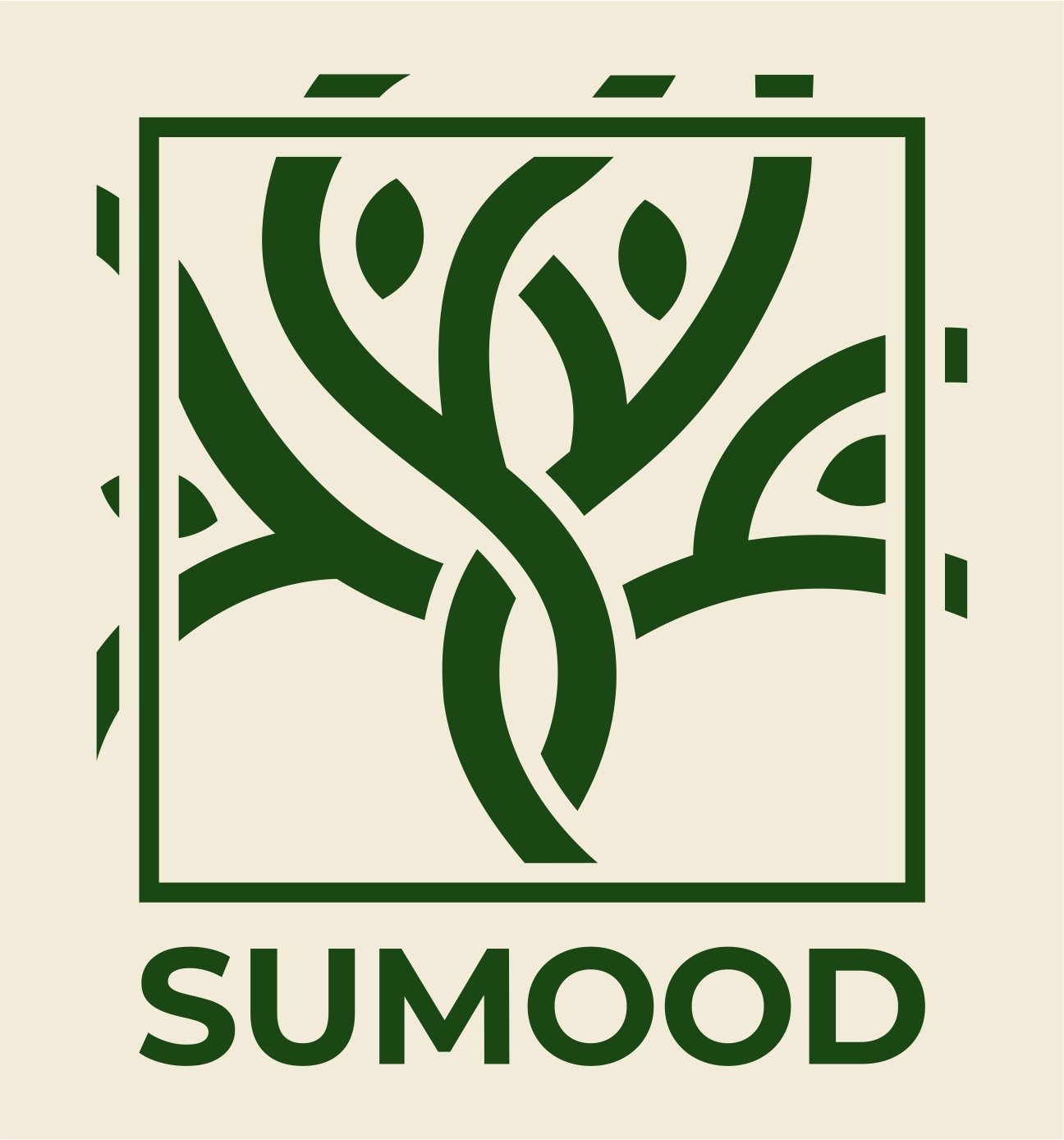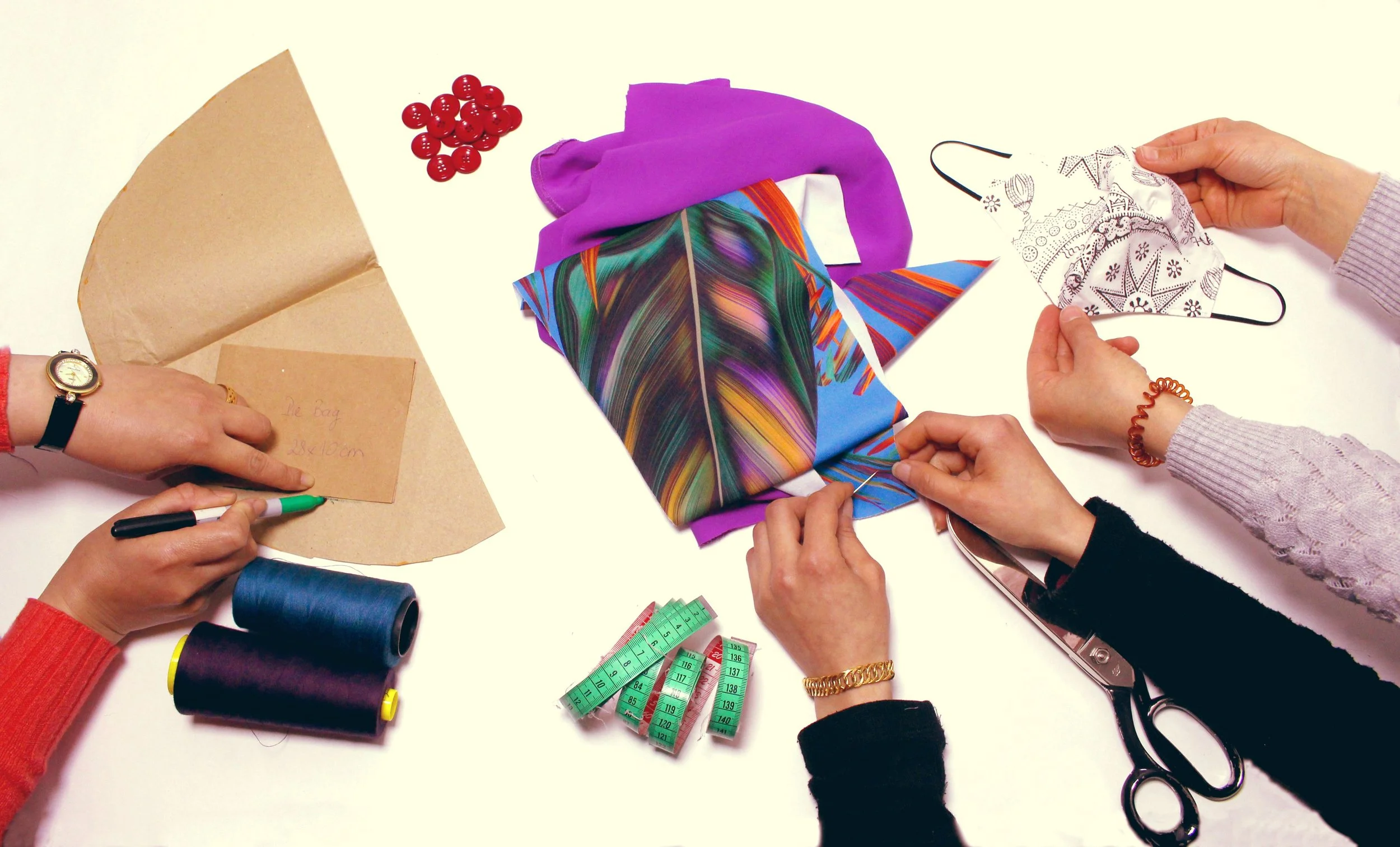The Yusra Community Center was established in 2016 in Istanbul in response to the urgent needs of displaced Syrian families. Founded by a small group of activists and educators led by Shahla Raza, the center was created as a community-led space where refugee families could find safety, connection, and support amidst the dislocation of war and forced migration.
Named “Yusra,” meaning “ease” or “relief,” the center was rooted in a vision of dignity and solidarity. It operated as a volunteer-run initiative, providing an accessible and welcoming environment where families could regain a sense of belonging and stability. From the outset, it was positioned not as a service provider, but as a trusted local hub built on relationships, accountability, and care, responding directly to the evolving needs of the community it served.
Funded through grassroots support and grounded in values of justice and mutual aid, the Yusra Community Center stood as an example of what is possible when displaced communities are met with empathy, respect, and the resources to rebuild their lives.
The Inshirah Collective was launched in 2018 within the Yusra Community Center by a team of social entrepreneurs with the goal of empowering displaced women through sustainable employment. Originating as a social enterprise, it champions the circular economy by upcycling textile waste into reusable, eco-friendly household items
At its core, Inshirah addressed two pressing issues: the economic vulnerability of refugee and migrant women, and the environmental burden of textile waste. Women received vocational training in design and sewing, enabling them to generate income while contributing to ecological sustainability. The enterprise’s commitment is threefold: to foster financial independence, to raise environmental awareness, and to redefine how refugee communities participate in the local economy.
Structured as a fair‑trade initiative, Inshirah integrated professional development with social impact. Its products, thoughtfully crafted and intentionally sustainable reflected an approach built on dignity, resilience, and innovative community support.
Through Yusra Community Center we:
● Educated over 3,000 displaced children through trauma-informed emergency education programs, restoring safety, structure, and hope for children excluded from formal schooling. Our School Readiness Program, equipped preschool-aged refugee children with the language skills and confidence needed to integrate into Turkish public schools. We continue to support school registration and learning through after-school homework support, including online tutoring.
● Provided psychosocial support for children and women through on-site therapy, art therapy, resilience and trauma workshops, and culturally sensitive mental health care.
● Offered critical medical support, including doctor visits, provision of medication, accompaniment to hospitals, and in-person translation for non-Turkish speaking patients navigating the health system.
● Enabled language access for women and children via our in-house Language Labs, providing tailored instruction in Turkish and Arabic.
● Supported families with food distribution, rent, and utility bill assistance, operating a community-led food bank and mutual aid fund.
● Ran STEM workshops for girls, summer camps for children of all ages, and cultural enrichment programs that included museum and park visits, clown shows, sustainability education, and more.
● Hosted earthquake preparedness workshops, and established a temporary camp for displaced families in northern Syria post-earthquake, while also coordinating logistics to deliver emergency supplies to affected communities in Eastern Türkiye.
Through the Inshirah Collective, we:
● Trained and mobilized over 200 displaced women through livelihood and skill-building programs, including business management, social media, product design, and sewing.
● Launched sustainability workshops focused on upcycling waste fabric, reducing plastic use, and producing eco-friendly items, diverting tons of material from landfills.
● Helped women gain access to dignified, independent livelihoods, either through employment placement or by supporting the launch of small, women-owned businesses.
Through both initiatives and in collaboration with other actors, we have:
● Connected over 1,000 displaced families to vital resources, legal aid, and psychosocial services in their own languages - bridging linguistic and bureaucratic barriers to essential support.
● Led rapid-response, cross-border mutual aid to communities in Türkiye and Syria after the 2023 earthquakes, ensuring aid reached the most underserved populations.



